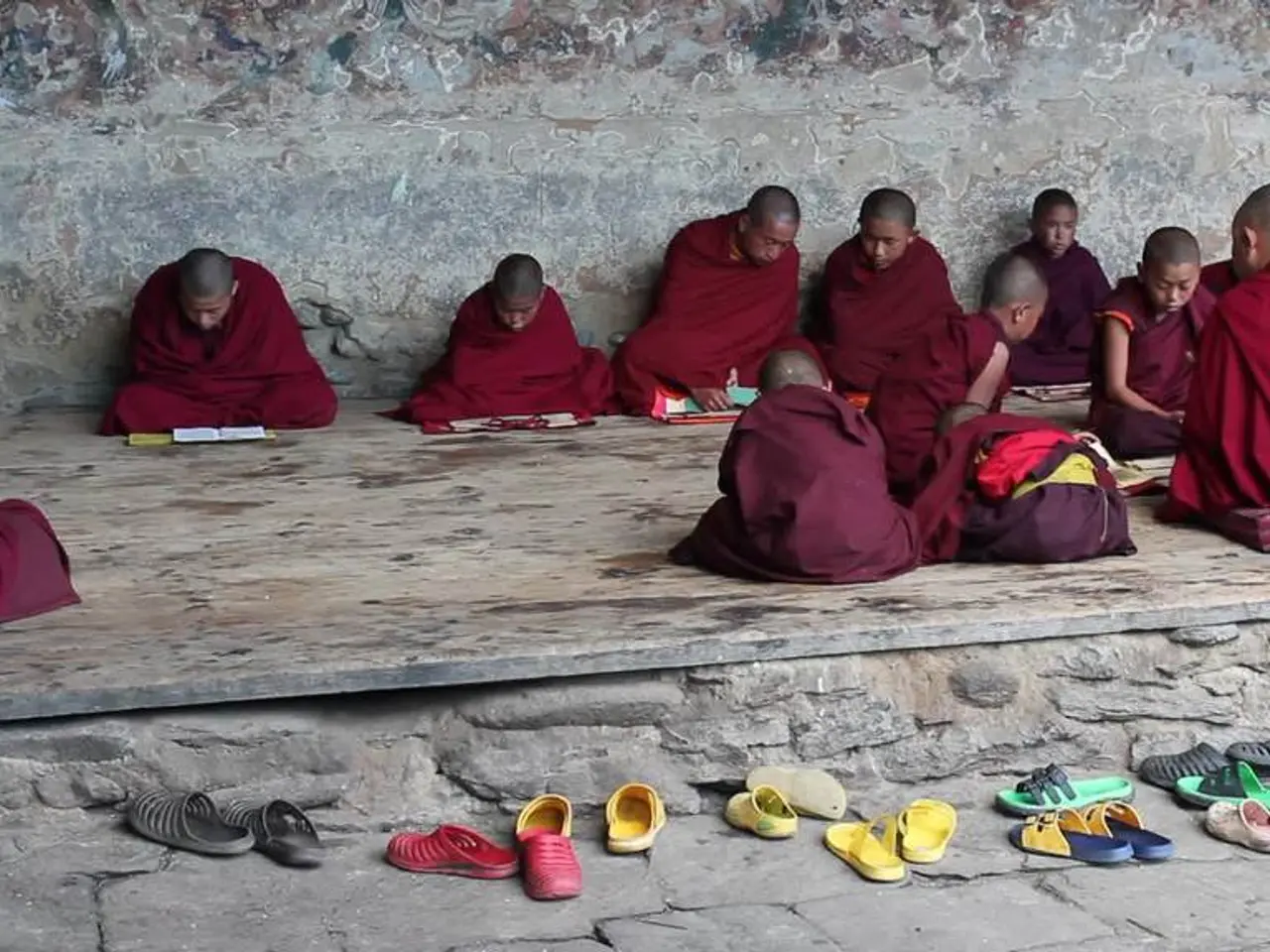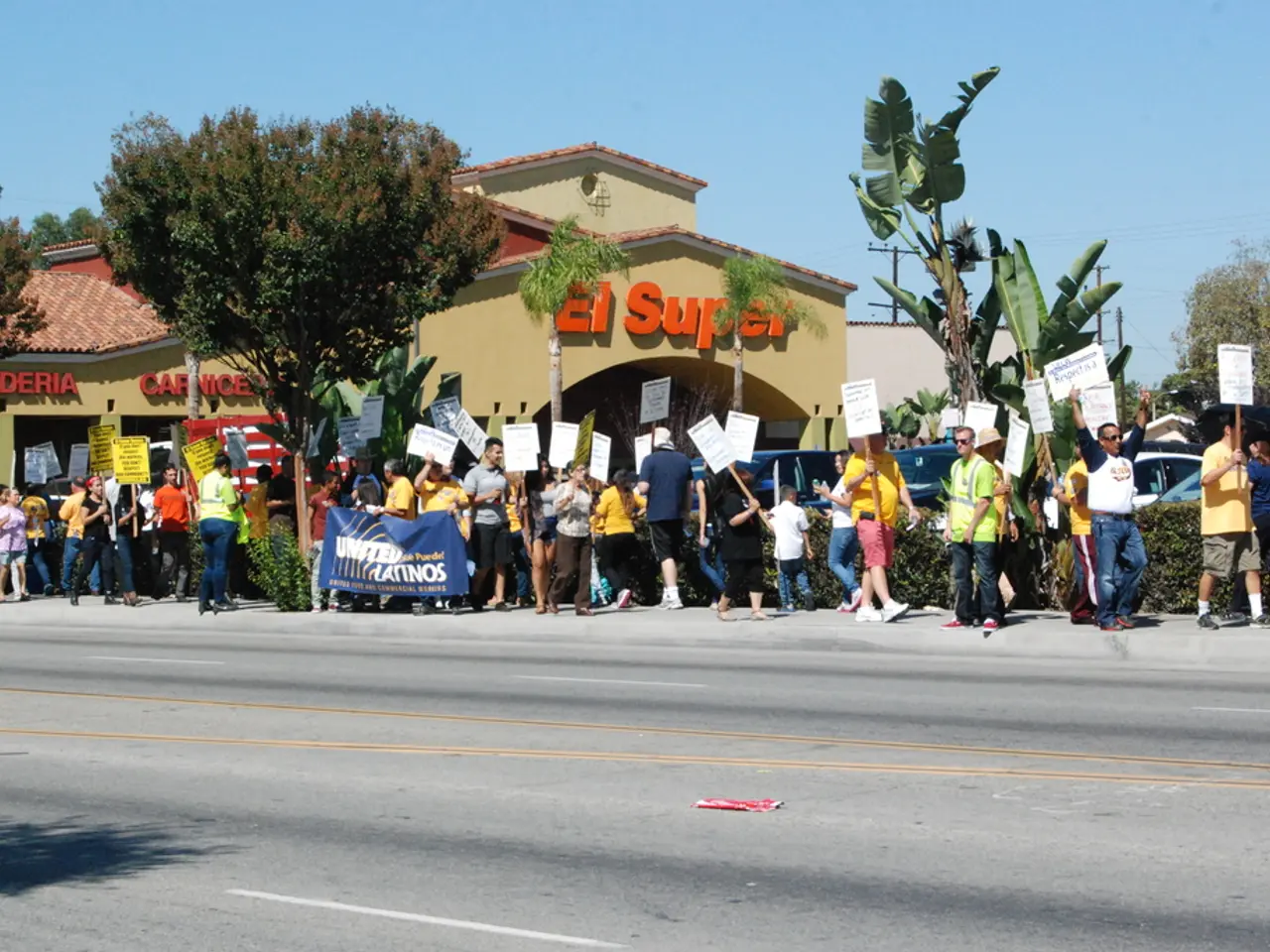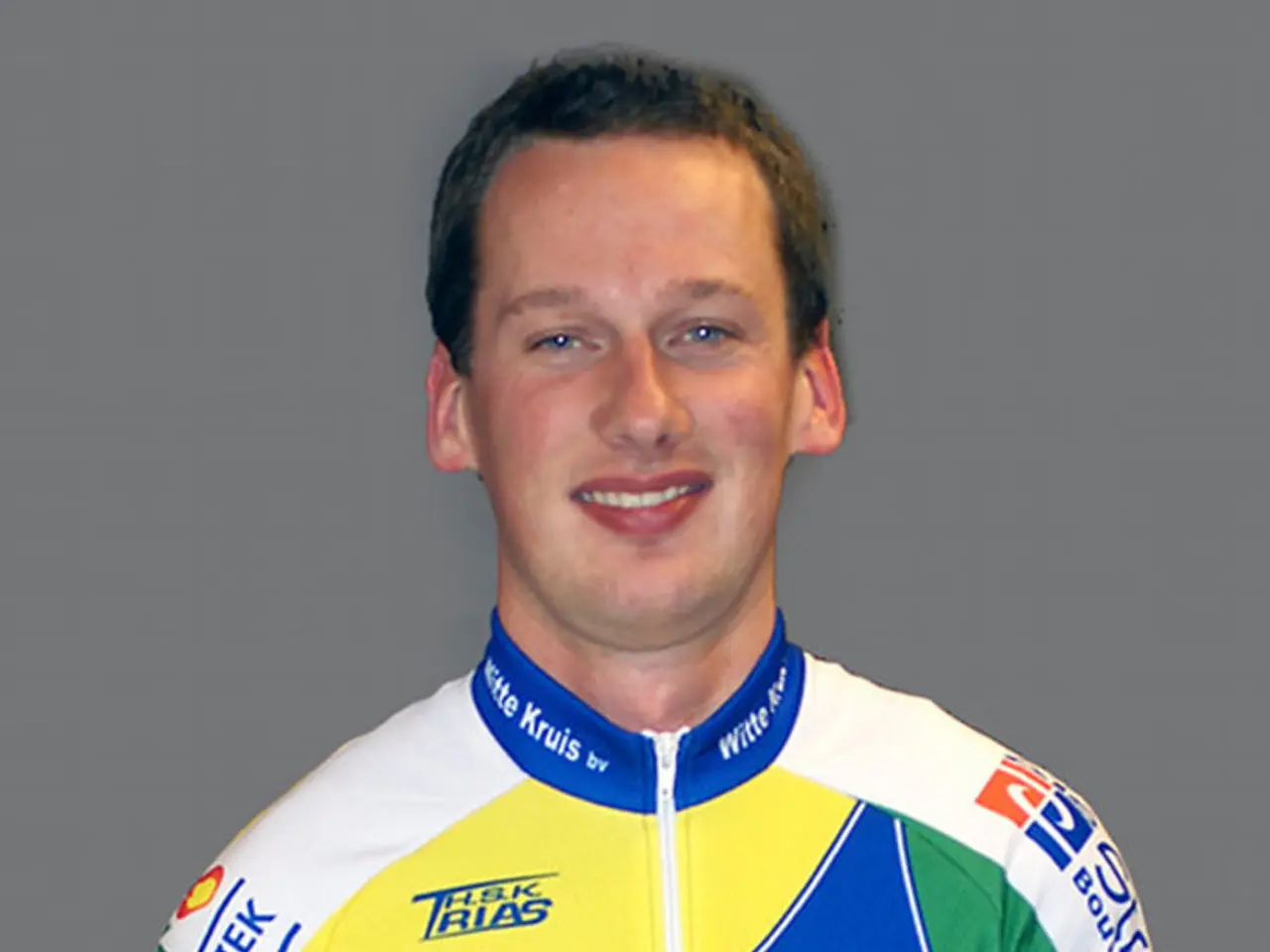Dalai Lama expresses hope for longevity surpassing 130 years.
In a significant departure from traditional Tibetan Buddhist practice, the 14th Dalai Lama, Tenzin Gyatso, has expressed his intention to appoint his successor while still alive. This move, announced during a ceremony organised for his long life ahead of his 90th birthday, is intended to counter Beijing's efforts to control the reincarnation process and thereby influence Tibet's future.
The ceremony, held in Dharamshala, a hill town in India where the Dalai Lama has lived since fleeing Tibet in 1959, was attended by hundreds of followers from around the world. The Dalai Lama, who turned 90 in July 2025, has previously stated to Reuters in December that he might live to 110 years old, expressing hope to live over 130 years old more recently.
Traditionally, the search for the Dalai Lama’s reincarnation begins only after the current Dalai Lama's death, involving senior monks interpreting signs, consulting oracles, and searching for a child exhibiting the qualities of the previous Dalai Lama. This process often takes years and can create a leadership void. However, the Dalai Lama's decision to potentially name his successor during his lifetime aims to streamline the process and ensure a smooth transition.
The Gaden Phodrang Trust, a non-profit institution, has been designated as the sole authority to recognise the Dalai Lama's reincarnation. The Trust will play a significant role in identifying the Dalai Lama's successor, a decision that contradicts China's traditional role in the selection process. China insists that its leaders must approve the Dalai Lama's successor, following imperial traditions.
In a statement that further challenges this traditional role, the Dalai Lama has emphasised that his successor will not be born under the control of the Chinese Communist Party (CCP), signalling that the child is expected to be born in the "free world" outside Tibet. This move is partly intended to counter Beijing’s efforts to control the reincarnation process and thereby influence Tibet's future.
The Dalai Lama's stance on the succession process has been met with controversy, with Beijing considering him a separatist. The Dalai Lama's remarks come days after he sought to allay speculation over his succession by stating he would reincarnate upon his death. However, his recent statements indicate a departure from this tradition, potentially leading to a further dispute between him and Chinese authorities.
Despite these challenges, the Dalai Lama remains hopeful, stating that he intends to serve beings and the dharma (teachings of the Buddha) as much as possible while living in Dharamshala. He believes that he has been able to benefit many beings while living in exile in India. The Dalai Lama's decision to potentially appoint his successor during his lifetime marks a significant shift in the centuries-old reincarnation selection tradition, challenging geopolitical pressures from China.
During the ceremony held in Dharamshala, the Dalai Lama announced his intention to appoint his successor while still alive, a decision aimed at counteracting China's influence over the reincarnation process and subsequently Tibet's future. This announcement, contrary to China's traditional role in the selection process, places the Gaden Phodrang Trust as the sole authority to recognise the Dalai Lama's successor, with the expectation that the child will not be born under the control of the Chinese Communist Party.






